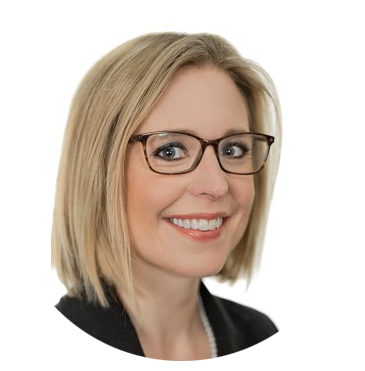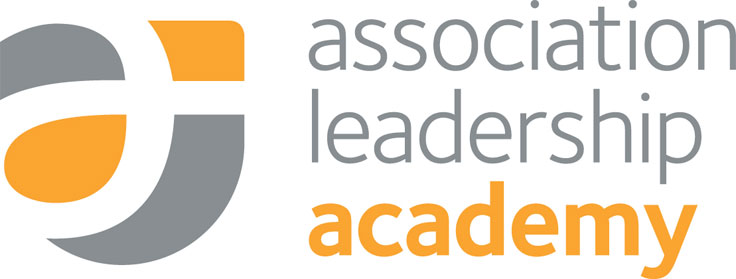

Laura led an interactive workshop on developing media messages that “stick” for associations. A notoriously difficult task not least due to the need to build consensus within an association and the ensuing dilution of the key message.
Laura noted that journalists are “fully paid up members of the awkward brigade” and that this posed an ever greater challenge for associations. She first focused on what makes a good message and was very prescriptive in her approach. She pointed to building blocks and using facts and quotes. She warned against the use of jargon, which tends to put off a reader and metaphors that do not work in different languages. Participants should aim for “sizzle”!
Laura then described the message house that each association communicator needs to build. She placed “sizzle” at the top of each column above “facts and numbers” and “story or example”. It is a challenge to be interesting without being provocative. The other challenge is in gaining consensus. Laura suggested positive visual messages such as the toy industry’s “value of play” programme. She advised to begin with the question “why?”.
She then led a discussion on how to address messaging pitfalls before organising the many participants into small groups. Each team had to agree and develop a message based on facts gleaned from a press release, designate a spokesperson and deliver the message to the rest of the group in 60 seconds or less. This gave rise to some amusing anecdotes from the teams about how the message was built as well as poignant and sticky messaging. This was a very full and fun session!
Guest Speaker

Our guest speaker is renowned media coach, Laura Shields, who describe herself as a former journalist with a short attention span and an allergy to jargon. She helps her clients put their messages in a form that’s easy to understand, credible and interesting for a mass audience. Her media training clients include NGOs, Associations, EU Commissioners, NATO, European diplomats and think tanks. Before becoming a media trainer, Laura worked for eight years in London, mostly in TV and Radio at CNN, CNBC Europe and the BBC.


